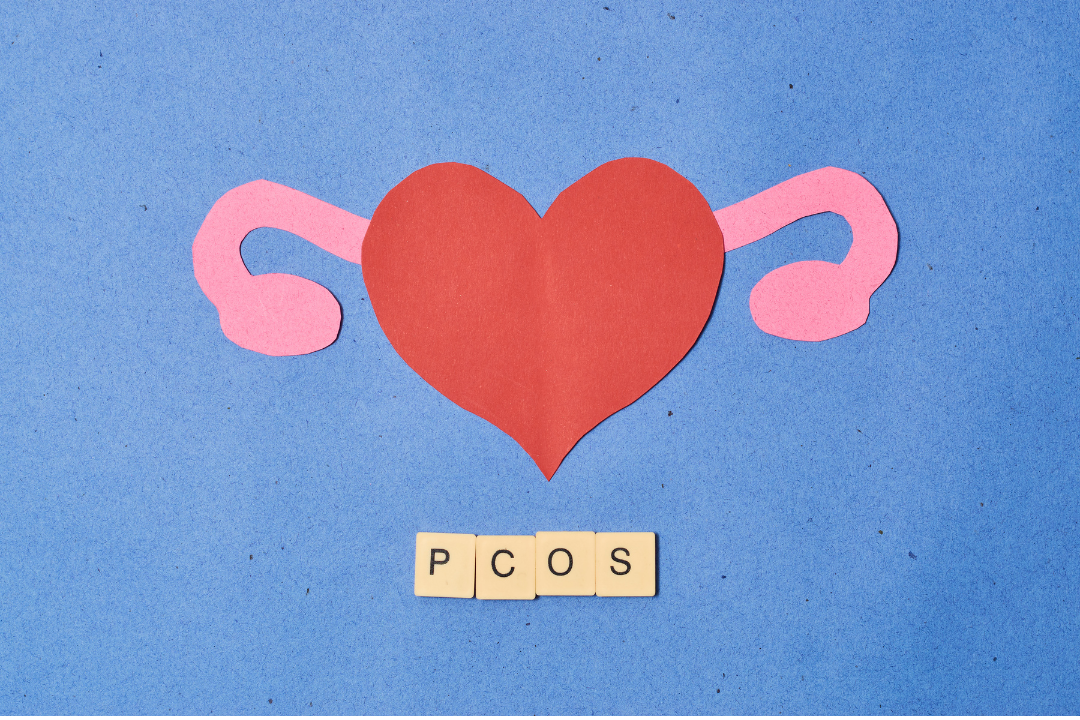
Polycystic Ovary Syndrome (PCOS)
Share
Polycystic Ovary Syndrome (PCOS) is a common condition that affects 5-8% of people with ovaries. About once a month, the ovaries are supposed to make a structure called a follicle. As the follicle grows, it makes hormones. Then, it releases an egg. This is called ovulation. In people with PCOS, the ovary makes many small follicles instead of one big one and none of the follicles release an egg. This causes hormone levels to become imbalanced and the ovaries produce too much testosterone.
People with PCOS can experience a range of symptoms. Common ones are irregular or infrequent menstrual periods, acne, irregular hair growth, often on the face and chest, weight gain and infertility/difficulty becoming pregnant.
Diagnosis of PCOS can be complex and may involve multiple steps. If you’re having symptoms, it's a good idea to see a healthcare provider. They may do a physical exam and order blood tests and ultrasounds to get a complete picture for a diagnosis.
Treatment options for people with PCOS depend on symptoms they experience, what may work best for their lifestyle and goals, and personal preference. These treatments are not cures, but can help with management of PCOS. Some options are used alone, while some folks find combining different ones to be more effective.
Hormonal options
- Combined hormonal contraceptives - The birth control pill/patch/ring that contain both estrogen and progestin don't cure the condition, but can improve many of its symptoms, like irregular periods, acne, and facial hair growth. They also provide contraception for those not looking to be pregnant. PCOS can make it difficult for some people to become pregnant, but pregnancy can still be possible if/when ovulation happens!
- Progestin only contraceptives - hormonal IUDs, progestin only pills and the Nexplanon implant can help regulate periods like the combined options, but they do not help with acne or facial hair.
Non-hormonal options
- There is evidence that losing weight can help. Losing 5% of body weight can make significant improvement in many symptoms.
- Metformin (typically used for diabetes treatment) can help make periods more regular, but only works in about half of the people who try it.
- People can try topical/systemic treatments to control acne. Procedures like electrolysis or laser hair removal can work for longer term or permanent hair removal and options like waxing, shaving or hair removal creams can be used for management of excess hair growth, if desired.
- Anti-androgens block hormones that cause some PCOS symptoms like acne and facial hair growth.
Because of irregular or infrequent ovulation, some people with PCOS might find they have difficulty becoming pregnant. For folks who want to become pregnant and are experiencing infertility, talk to your healthcare provider about treatment options.
If you would like more information about PCOS, a great resource is the Gynaecology Quality Improvement Collaboration (GYNQI). They have information on a variety of gynecological conditions, but for PCOS specifically click here.
